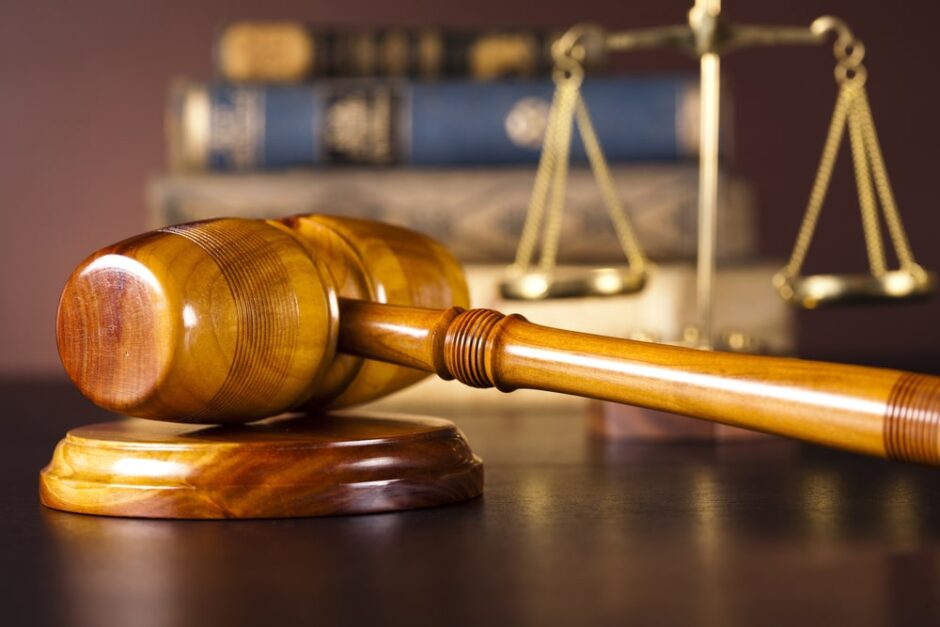Gathering Evidence For An Expungement
Expungement is an important legal process that allows individuals to clear certain offenses from their criminal records. While this process can provide a fresh start, success often depends on presenting strong evidence to support the request. A lawyer, like an expungement lawyer, plays a critical role in gathering and organizing this evidence to demonstrate why expungement is appropriate in your case.
Showing Eligibility
One of the first steps in an expungement case is proving that you meet the eligibility criteria. This typically involves providing documentation to show that the offense qualifies under the state’s expungement laws. A criminal defense lawyer can collect relevant court records, including case dispositions, sentencing details, and proof that all requirements—such as probation, fines, or restitution—have been completed.
Eligibility may also require demonstrating that sufficient time has passed since the completion of the sentence. Your lawyer will obtain records showing compliance with waiting periods, ensuring this critical requirement is met.
Highlighting Rehabilitation
Courts often consider whether the individual seeking expungement has made efforts to rehabilitate themselves since the offense. A lawyer helps present evidence of positive changes, such as:
- Employment history. Letters from employers, pay stubs, or employment contracts showing stable work history.
- Educational achievements. Transcripts, certificates, or diplomas reflecting participation in educational programs.
- Volunteer work. Documentation of community service or involvement in charitable organizations.
These details help demonstrate that you are contributing positively to society, making a strong case for expungement.
Collecting Character References
Character references can be powerful evidence in an expungement case. A lawyer will help you identify individuals who can attest to your growth and current character. These may include employers, teachers, community leaders, or friends. In some cases, your lawyer may assist in drafting letters of reference, ensuring they address the specific qualities the court is likely to value. Strong character references can provide compelling evidence that you have moved past your prior mistakes.
Addressing Opposition
If there is opposition to your expungement, such as from a prosecutor or other party, your lawyer will prepare evidence to counter their arguments. This may include showing that the offense was a one-time occurrence or presenting evidence that you pose no ongoing risk to the community.
For example, if the opposition argues that the offense caused harm, your lawyer might highlight restitution payments or other efforts you have made to make amends.
Finding Trusted Help
Successfully obtaining an expungement can open doors to new opportunities, from employment to housing and beyond. With the support of a skilled lawyer, you can build a strong case by presenting the evidence needed to show rehabilitation and eligibility.
Our friends at Archambault Criminal Defense emphasize that thorough preparation and thoughtful presentation are key to achieving a favorable outcome. By working closely with your legal team, you can take meaningful steps toward clearing your record and moving forward with your life. Call a trusted law office now.


